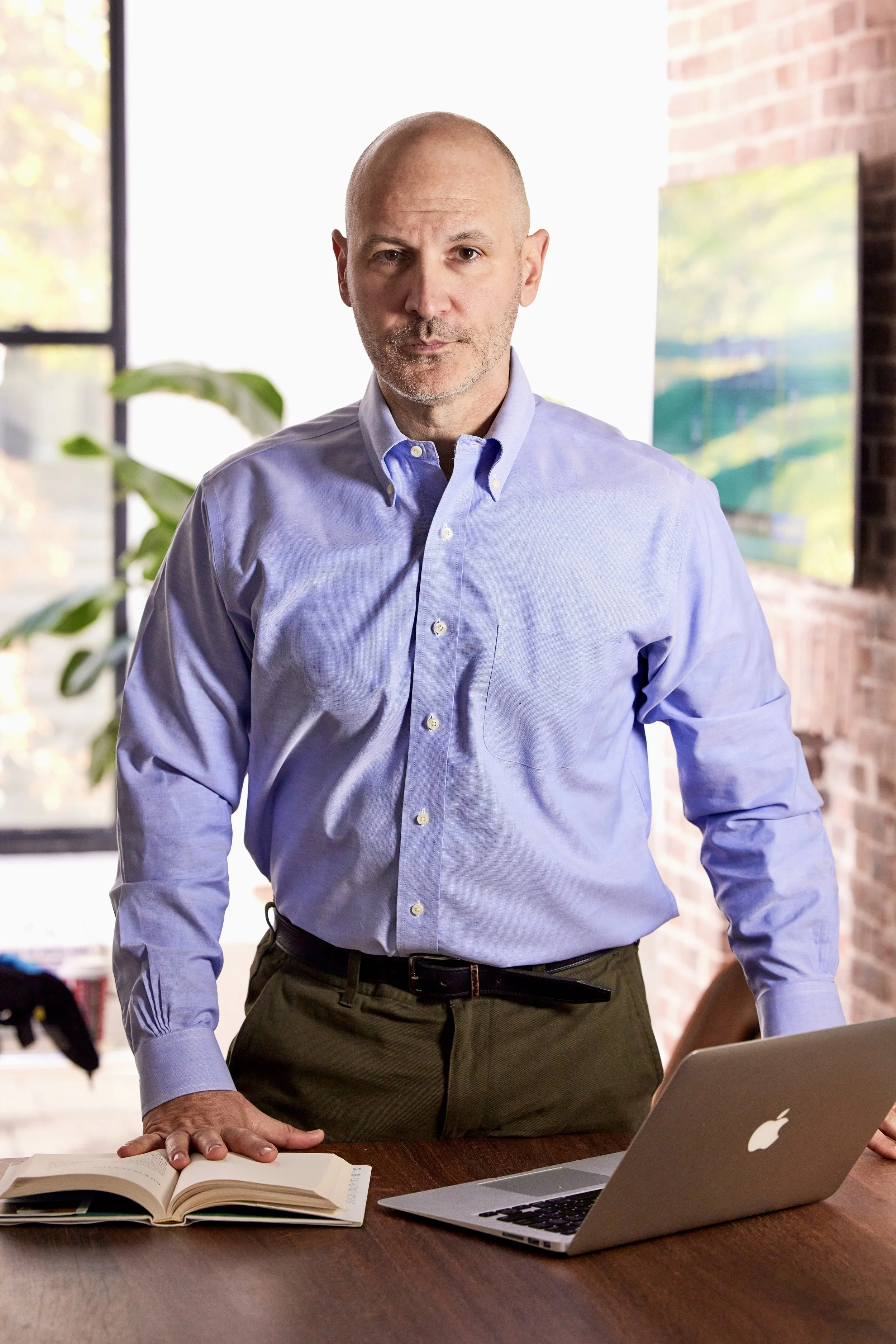I’m Adam Wright.
I work with elite performers in sport, business, medicine, law, entertainment, and tactical professions—people who deliver under pressure, often in full view of the world.
How I Got Here
I started in philosophy—studying meaning, consciousness, and human flourishing. After time in corporate America, I moved into applied physiology, wanting to understand how physical preparation, psychological depth, and identity fit together.
That intersection—mind, body, and meaning—has shaped everything since.
Early on, I realized physical readiness alone wasn’t enough. High achievers often looked prepared on paper but struggled with burnout, perfectionism, identity conflict, and internal pressure that had nothing to do with their training plans.
That led me to doctoral work in sport and exercise psychology at Temple University and later to clinical training in mental health counseling at the Boston Graduate School of Psychoanalysis.
Clinical work changed how I see performance. It taught me to look deeper—not just at behavior, but at the identity structures, unconscious patterns, and emotional architecture that shape how people perform under pressure.
Today, my work is integrated, both performance-focused and clinical treatment. The intervention depends on the needs and context the performer.
Who I’ve Worked With
I’ve spent two decades in environments where performance matters and pressure is constant.
Elite Sport
I work with MLB players and prospects—including All-Stars and World Series champions—DP World Tour golfers, MLS athletes, and national-level competitors in equestrian, rugby, track and field, and other sports, including national record holders. At the collegiate level, I support NCAA All-Americans and Division I programs, including the coaches and staff responsible for developing them. I also consult with front office leadership in the NFL and NWSL, including the New York Giants and NJ/NY Gotham FC.
Business, Law, and Finance
CEOs, founders, and senior executives across venture capital, private equity, and tech; leaders and teams at Goldman Sachs, J.P. Morgan, Citadel, McKinsey, Google, and other global firms; senior partners and trial attorneys navigating leadership, communication, and decision-making in high-stakes environments.
Creative, Medical, Tactical, and High-Security Professions
Award-winning actors, comedians, musicians, directors, and writers; trauma surgeons and medical teams operating in high-consequence settings; law enforcement, Department of Defense personnel, cybersecurity specialists, and tactical professionals whose clarity under pressure directly affects outcomes.
With my team at The Antifragile Academy, I've presented at the United Nations, Sony Music, and major law firms on performance, resilience, and leadership under pressure.
I also teach psychology and exercise science at the university level and mentor graduate students and early-career professionals pursuing work in mental performance and high-stakes leadership.
My Philosophy
Performance isn’t a mindset. It’s a system.
It’s not about staying motivated. It’s about building internal structures—physiological, cognitive, emotional, and identity-based—that remain stable when motivation fades and conditions break down.
We start with execution under pressure.
Then we build sustainability, depth, and meaning.
The goal isn’t just to survive pressure. It’s to grow through it—to become clearer, more grounded, and more capable.
For People Who Don’t Usually Seek Support
Most of my clients never planned to ask for help. They’re highly capable, skeptical of anything that feels soft or surface-level, and accustomed to handling things on their own.
The work is built on honesty, rigor, and trust—not hacks, clichés, or mindset tricks.
Together, we build the internal capacity to meet pressure directly—and get better because of it.
Credentials
Certified Mental Performance Consultant (CMPC), Association for Applied Sport Psychology
Professional Certified Coach (PCC), International Coaching Federation
Certified Exercise Physiologist (EP-C), American College of Sports Medicine
Certified Strength and Conditioning Specialist (CSCS), National Strength and Conditioning Association
Licensed Associate Counselor (LAC), New Jersey (#37AC00846600), supervised by Dr. Patricia Bratt
Licensed Mental Health Counselor Permit Holder, New York (Permit #P140010), supervised by Dr. Jonathan Fader.
Registered Provider, U.S. Olympic & Paralympic Committee (Mental Health & Performance)
Education
Ph.D., Kinesiology: Psychology of Movement (Sport & Exercise Psychology), Temple University
M.Ed., Kinesiology: Psychology of Movement (Sport & Exercise Psychology), Temple University
M.A., Clinical Mental Health Counseling, Boston Graduate School of Psychoanalysis
B.A., Philosophy/Psychology, La Salle University (Maxima Cum Laude, Psi Chi)
Graduate Certificate, Organizational Behavior & Executive Coaching, University of Texas at Dallas


